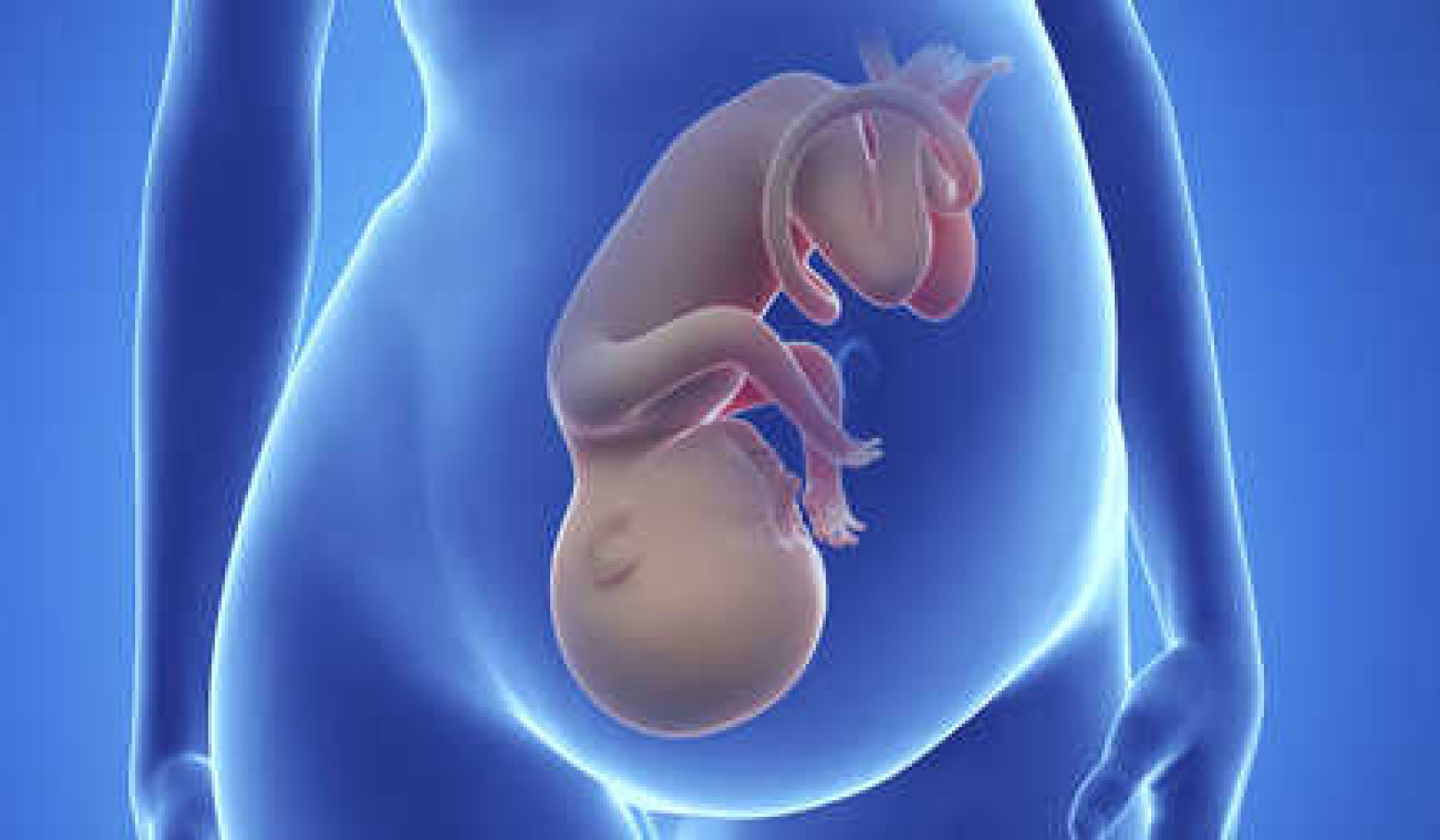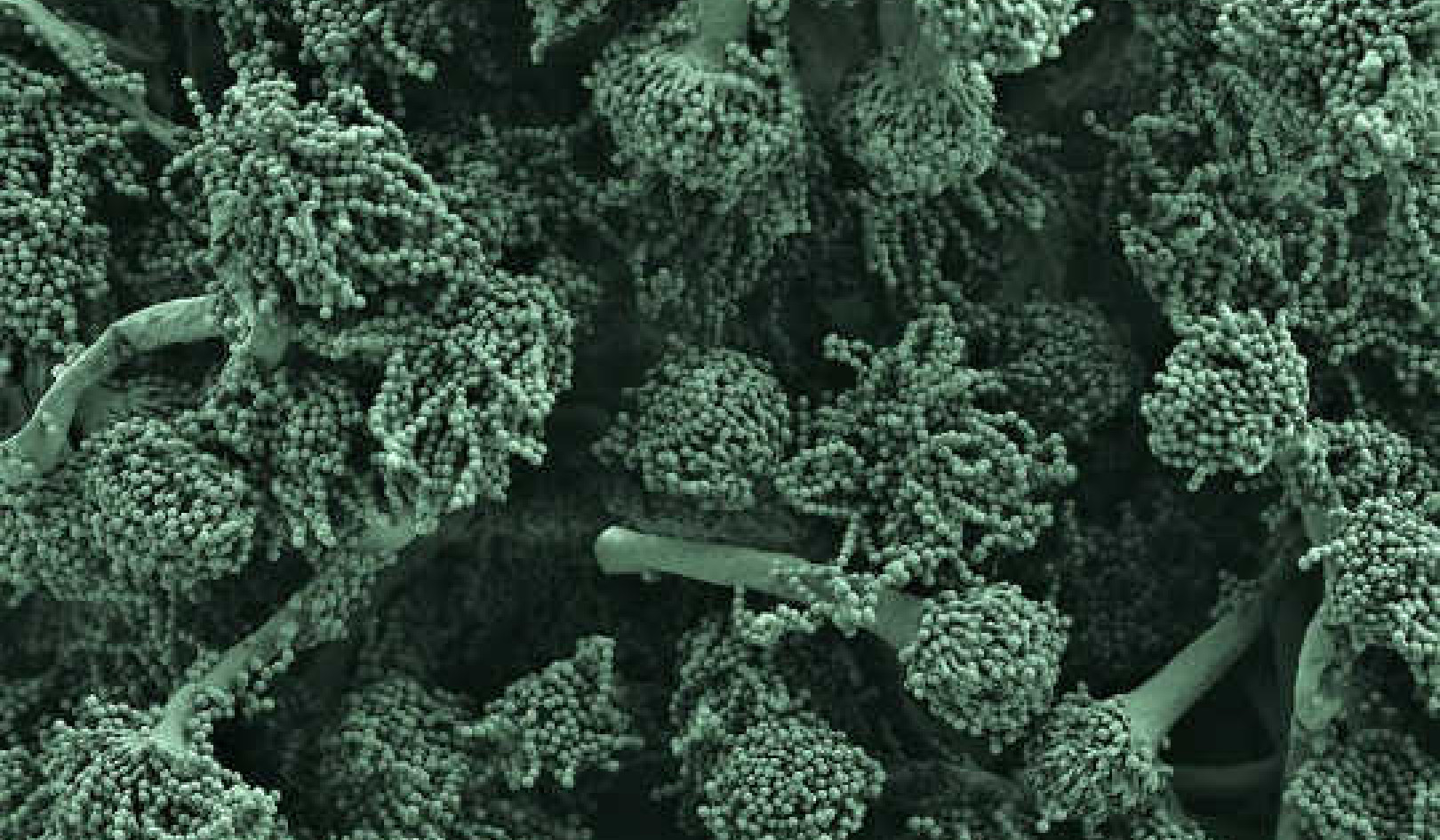
Photo Credit: Jean Fortunet. CC 1.0
Fasting has been used for centuries as both a remedy and a booster in all areas of health: physical, mental, and emotional. In the 21st century, fasting is often looked down upon. It is left out of anti-obesity initiatives because doctors don’t view it as a safe remedy for weight loss, and as a result fewer and fewer people are recognizing its actual health benefits. A properly executed fast from time to time can be good for your health in a plethora of ways.
To understand how fasting can benefit your life, it’s important to understand what it is and how it works. There are many different ways to fast, in both small spurts and prolonged periods. Either way, intermittent fasting, or general periods of low calorie consumption, can have numerous health benefits.
What Is Fasting?
A fast is a period of time, generally at least twelve hours, where very little calories are consumed. It’s important to note that fasting is not the same as starving yourself.
For short periods of time, it’s okay to fast by consuming no food or drink besides water. For anything longer than a day, though, you still need to get some calories, and most importantly, electrolytes, to keep your heart beating and your body and mind functioning.
Why Do People Fast?
Fasting for spiritual reasons: Fasting began as a spiritual endeavor, and has been utilized by several major religions for centuries. Catholics fast or abstain from meat on Ash Wednesday, Good Friday, and every Friday during Lent. Judaism has seven days of fasting throughout the year, including Yom Kippur. Muslims fast during Ramadan, an entire month in which they abstain from food and drink from sunup to sundown. Eastern religions like Buddhism and Hinduism utilize fasting often as a form of purification or a way to increase concentration and mindfulness.
Fasting for health and weight loss: Many people, especially in recent decades, have turned to fasting to boost their health or weight loss efforts. Because intermittent periods of fasting have numerous health benefits which we’ll cover later in the article, it is a good way for individuals to live healthier or lose a bit of weight. Many often utilize some type of juice fast for weight loss, where they replace some or all of their meals with a healthy juice or liquid. It’s important to note, especially for weight loss purposes, that healthy fasting, as opposed to completely starving oneself, is the most effective method.
Fasting for better concentration/mindfulness: Fasting has been utilized for centuries to increase self-discipline, awareness, and concentration. Because the act of fasting itself requires you to practice mindfulness with food (being aware of your hunger without reacting to it) it increases your mental acuity. It also forces you to take a closer look at your thoughts, beliefs, and expectations, and weed out negative connotations to reframe them with positive ones. It’s an advanced form of self cognitive behavioral therapy that is a great tool to have in your arsenal whenever you are taking on a new challenge. It’s almost like a workout for your mindfulness muscles.
Fasting can also benefit both your yoga and your meditation endeavors: you can bend and twist better when your body is empty, and meditations can go much deeper much quicker when in a fasting state.
What Are The Stages Of Fasting?
If you are fasting for a period of several days, fasting comes in three distinct stages: the cleansing crisis, the fasting peak, and the normal fasting state.
The Cleansing Crisis is your body’s first reaction to a fast. Because you are not using food for energy, your body begins consuming its own resources, which often results in large amounts of toxins being processed out of the body through the blood, digestive, and renal systems. This stage can include a number of negative side effects, so it’s easy to feel like you’re sick. Many people give up fasting in the first three to five days because the cleansing crisis can be so intense, however, it is a sure sign that your body is headed in the right direction and ready to begin the healing process.
The Fasting Peak happens when your body moves out of the crisis stage and begins to function at peak capacity. This stage is marked by heightened senses and a heightened feeling of mental clarity, as well as feelings of invigoration and youthfulness. Contrary to the crisis stage, you will experience high amounts of energy as your brain and muscles begin running on their preferred source of fuel, which are ketones (created when we burn fat for fuel) and not glucose, as it is often taught.
The Normal Fasting State happens when your body and energy levels even out after becoming used to the fast. This stage varies depending on the individual: some retain their high energy levels, while others see a drop.
The Health Benefits Of Fasting
Fasting, when done right, can actually be great for both mental and physical health.
Better Immune System: Not only does fasting burn extra fat, but the toxins stored in the body’s fat are released as well, resulting in one of the most natural ways possible to detoxify your body. Starvation also causes the body to begin conserving energy in whatever ways possible. One of the things our bodies do to conserve energy is get rid of unneeded immune cells, including all of the damaged ones. This forces the immune system to function better by getting rid of non-functioning cells and replacing them with healthy ones. This process has even been shown to benefit patients receiving chemotherapy: when they fasted for three days prior to treatment, they avoided much of the immune damage caused by chemotherapy because of the immune system regeneration.
Weight Control: Intermittent fasting forces your body to burn fat as fuel, which leads to better weight control. There are also rumors out there that claim fasting slows down your metabolism, but this is not always true. Long periods of starvation will result in a slower metabolism, but intermittent fasting actually speeds it up by giving the digestive system a break and giving it a chance to recover. Fasting also lowers your insulin resistance, which helps you digest food more efficiently, helps avoid spikes in energy, and also lowers your risk of type II diabetes.
Improved Cognitive Function: Fasting forces the body to burn ketones instead of sugars. Ketones are the brain’s preferred source of fuel because they boost a protein called brain-derived neurotrophic factor (BDNF) which promotes memory and regeneration. Your brain simply functions better with higher amounts of BDNF.
Longevity: Fasting can actually help you live longer. The Erasmus University in Rotterdam conducted research on how much food we need to eat and they found that eating a bit less than we need every day can lengthen our life spans. Human bodies are either growing or repairing, and when we eat too much they can only grow more. Eating less forces the body into reparative mode, which can result in greater longevity.
Many other benefits include: Reduced inflammation, which is the underlying cause of a lot of common pains and discomforts that people experience. Fasting does this by zapping free radicals that can damage DNA, which is commonly called oxidative stress. Fasting can also reduce your risk of heart disease, and Alzheimer's disease, as well as prevent cancer. Intermittent fasting can also relieve the symptoms of gastrointestinal illnesses like ulcerative colitis, Crohn’s disease, and especially GERD.
It’s important to keep in mind that intermittent fasting can have many health benefits, but it’s important to know the difference between healthy fasting and unhealthy habits. Starving your body completely for long periods of time can lead to malnutrition, and malnutrition can lead to a number of problems, from serious gum disease like gingivitis to the possibility of respiratory or heart failure.
Always make sure that you are staying well-hydrated, and keep in mind that while your body can provide itself with a lot of the nutrients needed to survive, it can’t do so forever.
Subtitles by InnerSelf.
©2017 by AJ Earley. All Rights Reserved.
A bout the Author
bout the Author
AJ Earley is a personal chef, freelance writer, travel junkie, and root beer float enthusiast from Boise, Idaho... and now, a contributing writer at InnerSelf.com
Related Book
at

Thanks for visiting InnerSelf.com, where there are 20,000+ life-altering articles promoting "New Attitudes and New Possibilities." All articles are translated into 30+ languages. Subscribe to InnerSelf Magazine, published weekly, and Marie T Russell's Daily Inspiration. InnerSelf Magazine has been published since 1985.

Thanks for visiting InnerSelf.com, where there are 20,000+ life-altering articles promoting "New Attitudes and New Possibilities." All articles are translated into 30+ languages. Subscribe to InnerSelf Magazine, published weekly, and Marie T Russell's Daily Inspiration. InnerSelf Magazine has been published since 1985.



























